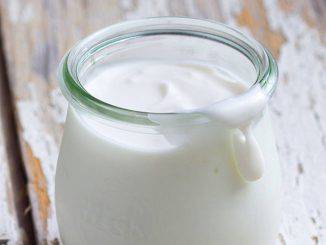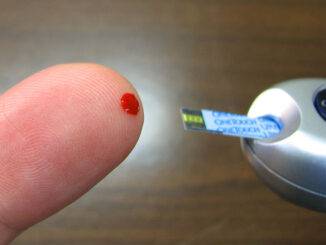
You may have heard that the extremely acidic environment in our stomachs is deadly for any living creature, including the living bacteria of the probiotics we ingest.
Indeed, the acids found in our stomachs are intended to fully decompose the food we eat so that it could be further metabolized by our bodies and converted into a source of energy.
It is a proven fact that between 95% and 97% of the living bacteria we accidentally ingest get almost instantly killed in our stomachs. This phenomenon is a part of our body’s defense system since a large portion of the living bacteria we ingest are usually harmful.
Unfortunately, this fact also applies to the beneficial bacteria we ingest with the intake of probiotics. If no countermeasures are taken, the probiotics’ beneficial bacteria also get killed by the stomach acids long before they reach their final destination – the intestines.
So, yes, gastric acids do destroy any living microorganism entering the stomach, including most of the beneficial probiotic bacteria. This is the reason why in most cases the commercially sold probiotic pills have a delayed-release system or, in other words, are covered with a layer of material that is resistant to stomach acids.
Counteracting the stomach acids
As we already said, if no countermeasures are taken, the beneficial bacteria of probiotics get killed by the stomach acids long before they reach the intestines – their final destination where they fulfill their beneficial deed.
And while the commercial probiotic pills are usually covered with a protective layer of stomach-resistant material (called enteric coating) helping them to get through the stomach acids, Kefir doesn’t have any protection, right? Well, wrong! Kefir also has its own protection against stomach acids.
Kefir’s protection against the stomach acids
Yes, Kefir microorganisms (bacteria and yeasts) have their own protective layer against stomach acids, and it is called Kefiran.
The mucous substance you’ll find covering your Kefir grains called Kefiran adds the needed protective layer against the harsh stomach acids.
Kefiran is an Exopolysaccharide or, in other words, a complex polymer sugar, also known as natural polymer, or biopolymer. The dominant microorganism in Kefiran is the bacteria called Lactobacillus kefiranofaciens.
With Kefiran the bacteria and yeasts of Kefir grains build their own “living environment” protecting them from any environmental odds.
Note that Kefiran not only protects the bacteria and yeasts from the stomach acids but also protects Kefir grains from freezing. Actually, thanks to the presence of Kefiran Kefir grains don’t fear freezing temperatures and usually survive prolonged conservation in the freezer.
Kefiran – the best protection. Avoid washing it off.
So, this is the right place to remind you one more time: do not rinse Kefir grains, and do not wash off their protective layer of Kefiran.
We know that some Kefir lovers may find this layer of biopolymer “slimy”, “gooey” and somehow “disgusting”, but believe us, Kefiran is a vital part of the living environment created by Kefir microorganisms that they desperately need.
Don’t be afraid though, because even if you wash off this protective layer, it will be rebuilt by the Kefir’s bacteria and yeasts as they really need it to stay alive. So, rinsing your Kefir grains will only temporarily remove the layer of Kefiran, because this layer will soon be rebuilt which will only be a waste of energy by the Kefir microorganisms.
But how does Kefiran protect the Kefir microorganisms from the stomach acids? You see, Kefiran is a complex polymer that cannot be directly metabolized, and that’s one of its main assets. Kefiran cannot be directly decomposed in the stomach because its metabolization requires additional enzymes that are added later on in the digestive process. This is why it actually shields Kefir’s probiotic bacteria during their entire stay in the harsh stomach environment.
Additionally, Kefiran not only protects Kefir’s bacteria and yeasts from the highly acidic stomach environment thus helping them to reach the intestines but also acts as an antifreeze preventing Kefir grains from freezing if put into the freezer.
So, whenever you need to preserve your Kefir grains by freezing them, make sure they’re abundantly covered with Kefiran. In this way, you will ensure that they won’t be affected by the freezing temperatures and deteriorated by the potential ice crystals that may form inside.



